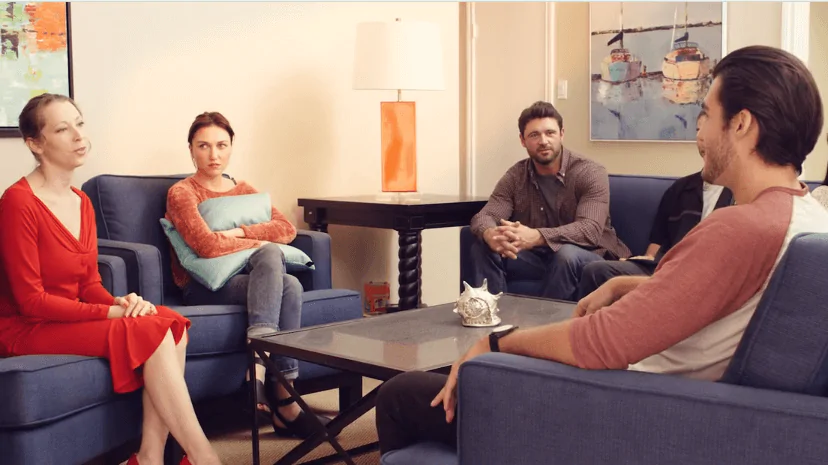24/7 Helpline:
(866) 899-221924/7 Helpline:
(866) 899-2219
Learn more about Medication-assisted Treatment centers in Kootenai County

Other Insurance Options

Group Health Incorporated

Carleon

AllWell

Magellan Health

Access to Recovery (ATR) Voucher

WellCare Health Plans

Private insurance

Sliding scale payment assistance

Health Partners

Optum

Amerigroup

Humana

BlueShield

Molina Healthcare

Oxford

American Behavioral

Sutter

Kaiser Permanente

Covered California

Horizon Healthcare Service




Rathdrum Counseling Center
Rathdrum Counseling Center is a private rehab located in Rathdrum, Idaho. Rathdrum Counseling Center...

Aces Community Services
Aces Community Services is a private rehab located in Post Falls, Idaho. Aces Community Services spe...








































































































































